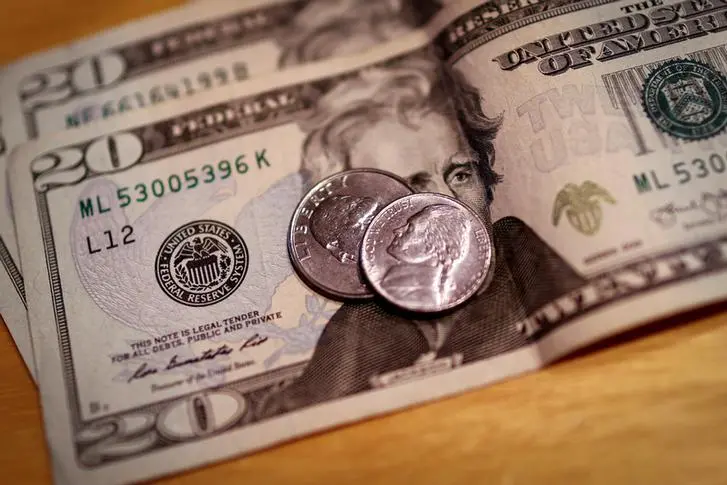PHOTO
LONDON- The Libyan Investment Authority hopes to publish consolidated financial statements for 2020 by the end of this month, it told Reuters, after announcing it had $68 billion in largely frozen assets following its first internal evaluation process in years.
Africa's largest sovereign wealth fund is working to regain the trust of the international community after the United Nations froze most of its assets during the 2011 rising that toppled Muammar Gaddafi.
It said this month its first asset valuation since 2012 had revealed assets of $68.35 billion at end-2019 compared to $67 billion in 2012.
It now plans to begin releasing financial statements on an annual basis, said chairman Ali Mahmoud Hassan Mohamed in an interview, and it was preparing statements with EY acting as auditor.
In an email following the interview, LIA said it hoped to publish consolidated financial statements for 2020 by the end of May.
"Through this process we will have a solid foundation for proceeding to invest," Mohamed said.
"These are successes in governance and compliance with the Santiago Principles."
The principles aim to promote good governance, accountability, transparency and prudent investment practice.
LIA was 98th out of 100 sovereign and public pension funds in a 2020 ranking of their sustainability and governance by Global SWF, an industry data specialist.
Libya in 2014 split between warring administrations that vied for control over state bodies including the LIA. Last year a court in Britain ruled in Mohamed's favour as chairman.
Since fighting ended last summer, warring factions have accepted a new unity government mandated to unify state institutions and prepare for elections in December.
"Libya is now presided by a government of national unity and we are entitled to use our funds and assets," Mohamed said, and the fund was "escalating" talks with the U.N. to be able to invest or use assets more freely than currently allowed.
"The Libyan people are in dire need of these assets. We have people who are displaced, people who do not have houses, problems with electricity, we the have COVID-19 disease."
The unity government faces obstacles including armed groups' control of territory, the presence of foreign mercenaries and involvement of rival outside powers.
Despite sanctions, the valuation, undertaken by Deloitte, showed relative stability in the value of the fund's assets, helped by increases in the value of subsidiaries Oilinvest and Long Term Investment Portfolio.
The majority of the assets, which include $33.5 billion in cash and $20.1 billion in investment portfolios, are overseas and subject to the freeze.
Around $15 billion of LIA's assets belonging to its subsidiary companies were not frozen. Of those, some $9 billion are invested in Libya, and LIA was aiming to invest a further $1 billion there, he said.
Mohamed also hoped to use some frozen cash deposits and equities as financial guarantees to attract foreign companies to Libya and help kickstart projects in oil and gas, electricity and real estate.
The U.N. sanctions committee should insist that the LIA "provide consolidated accounts of all its assets and subsidiaries" before gaining more access to frozen accounts, said Tim Eaton of Chatham House.
"That should be the incentive for the organisation to sort its own house out before it then makes the case to manage more of the wealth of the Libyan people," he added.
(Additional reporting by Angus McDowall in Tunis; Editing by Giles Elgood) ((Tom.Arnold@thomsonreuters.com; +442075428510; Reuters Messaging: tom.arnold.thomsonreuters.com@reuters.net))





















